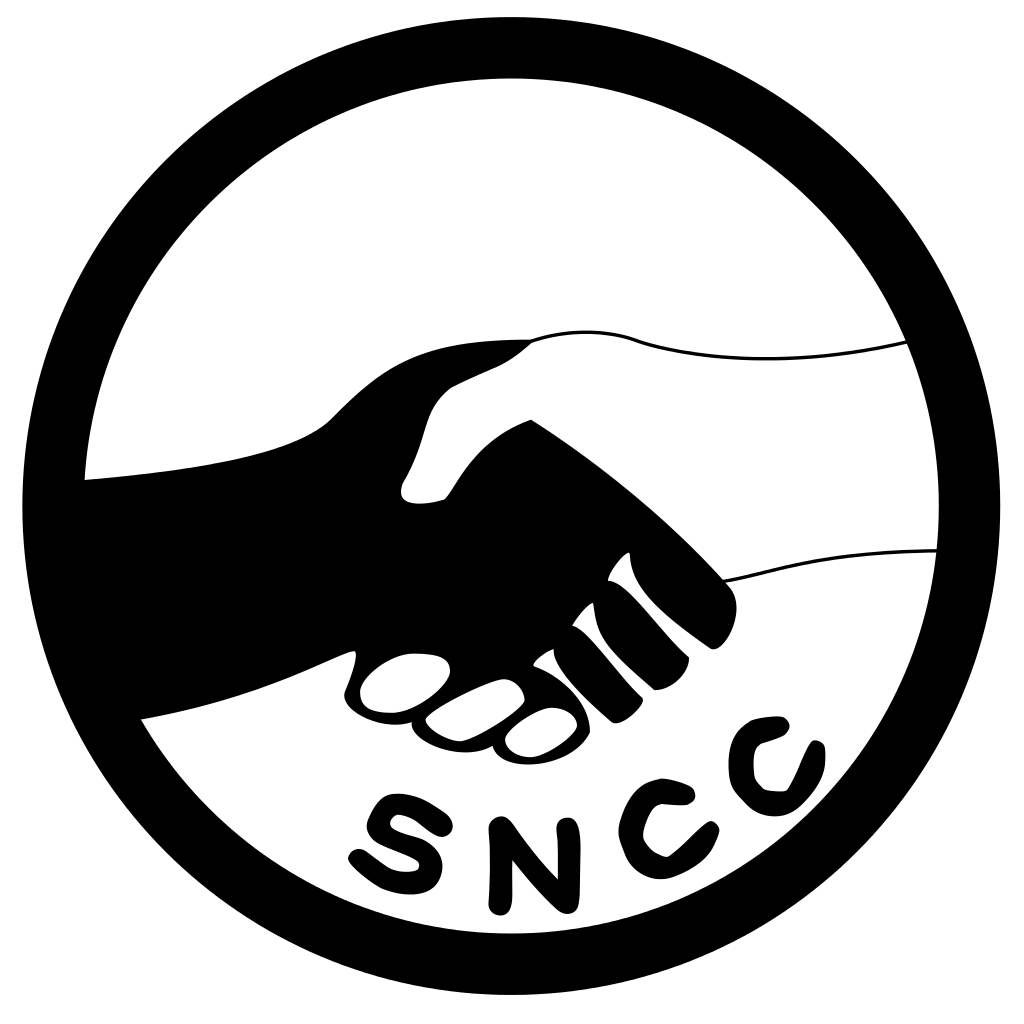Student Nonviolent Coordinating Committee: Difference between revisions
From ProleWiki, the proletarian encyclopedia
More languages
More actions
(Created the page for the SNCC, and gave a short summary for the organization and its role in the civil rights movement) Tag: Visual edit |
General-KJ (talk | contribs) No edit summary |
||
| Line 2: | Line 2: | ||
The '''Student Nonviolent Coordinating Committee''' '''(SNCC)''' was a primary force throughout the civil rights movement during the 1960s and was a channel for student commitment for the movement throughout the United States. SNCC would coordinate a number of peaceful protests alongside CORE and the SCLC as a means of fighting against Jim Crow laws in the deep south. Over time, the organization would continue to radicalize under the influences of organizers such as Stokely Carmichael (later Kwame Ture) and H. Rap Brown, who would go on to transform SNCC's ideology from liberalism to Black Power, anti-capitalist and anti-imperialist politics. | The '''Student Nonviolent Coordinating Committee''' '''(SNCC)''' was a primary force throughout the civil rights movement during the 1960s and was a channel for student commitment for the movement throughout the United States. SNCC would coordinate a number of peaceful protests alongside CORE and the SCLC as a means of fighting against Jim Crow laws in the deep south. Over time, the organization would continue to radicalize under the influences of organizers such as Stokely Carmichael (later Kwame Ture) and H. Rap Brown, who would go on to transform SNCC's ideology from liberalism to Black Power, anti-capitalist and anti-imperialist politics. | ||
[[Category:History of the USA]] | |||
Latest revision as of 20:21, 22 November 2024
The Student Nonviolent Coordinating Committee (SNCC) was a primary force throughout the civil rights movement during the 1960s and was a channel for student commitment for the movement throughout the United States. SNCC would coordinate a number of peaceful protests alongside CORE and the SCLC as a means of fighting against Jim Crow laws in the deep south. Over time, the organization would continue to radicalize under the influences of organizers such as Stokely Carmichael (later Kwame Ture) and H. Rap Brown, who would go on to transform SNCC's ideology from liberalism to Black Power, anti-capitalist and anti-imperialist politics.

